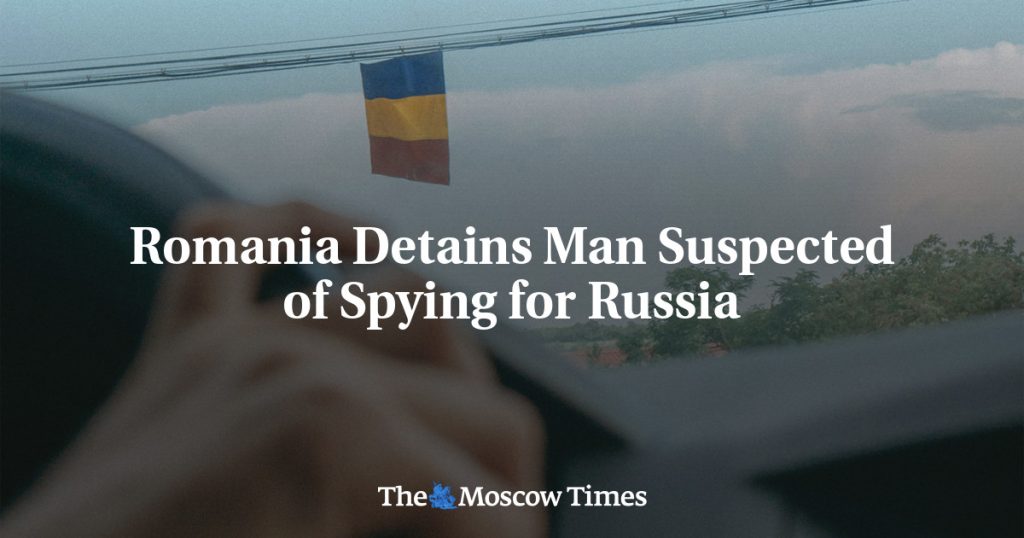Romanian prosecutors have recently ordered the arrest of a man suspected of spying for Moscow, which is the first incident of this kind in Romania since Russia’s invasion of Ukraine over two years ago. The arrested man is a Romanian citizen who has been monitoring Romanian or NATO military targets near Tulcea since 2022. He is believed to have been collecting military information, taking photographs of military equipment, and observing personnel movement in the border area with Ukraine. This information was then transmitted to diplomats from the Russian embassy in Bucharest.
The arrested man’s age and identity have not been disclosed by authorities, but the Romanian Foreign Ministry has declared a Russian diplomat persona non grata for violating the Vienna Convention on diplomatic relations. The diplomat, who has not been named, was deemed undesirable on Romanian territory due to activities that were not specified in the announcement. The Romanian government summoned the Russian charge d’affaires to convey the decision and express their dissatisfaction with the behavior of the diplomat, indicating that such actions would not be tolerated.
The incident has raised concerns about the security implications of espionage activities in Romania, especially in the context of tensions between Russia and NATO. The monitoring of military targets near the border with Ukraine suggests a potential threat to regional security, as Romania is a NATO member and a key ally in the region. The arrest of the suspected spy and the expulsion of the Russian diplomat are seen as measures aimed at safeguarding national security and protecting sensitive military information.
The actions taken by Romanian authorities reflect a firm stance against foreign interference in national affairs and a commitment to upholding diplomatic norms and international agreements. By arresting the suspected spy and declaring the Russian diplomat persona non grata, Romania has sent a clear message that espionage and other clandestine activities will not be tolerated on its soil. The government’s decision to act swiftly and decisively underscores its determination to protect national interests and preserve the integrity of its security apparatus.
The incident has also highlighted the ongoing tensions between Russia and NATO, as well as the challenges posed by Russian intelligence activities in Eastern Europe. The involvement of the Russian embassy in espionage activities near the Ukrainian border underscores the complex geopolitical dynamics in the region and the risks associated with Russia’s assertive foreign policy. The arrest of the suspected spy and the expulsion of the Russian diplomat are likely to have broader implications for bilateral relations between Romania and Russia, as well as for regional security dynamics.
In conclusion, the arrest of a suspected spy in Romania and the expulsion of a Russian diplomat reflect the country’s commitment to combating espionage and safeguarding national security. The incident underscores the ongoing challenges posed by Russian intelligence activities in Eastern Europe and the need for vigilance in monitoring and countering such threats. Romania’s firm response to the espionage case sends a strong signal that foreign interference will not be tolerated, and that the country is prepared to take decisive action to protect its interests and uphold diplomatic norms.


